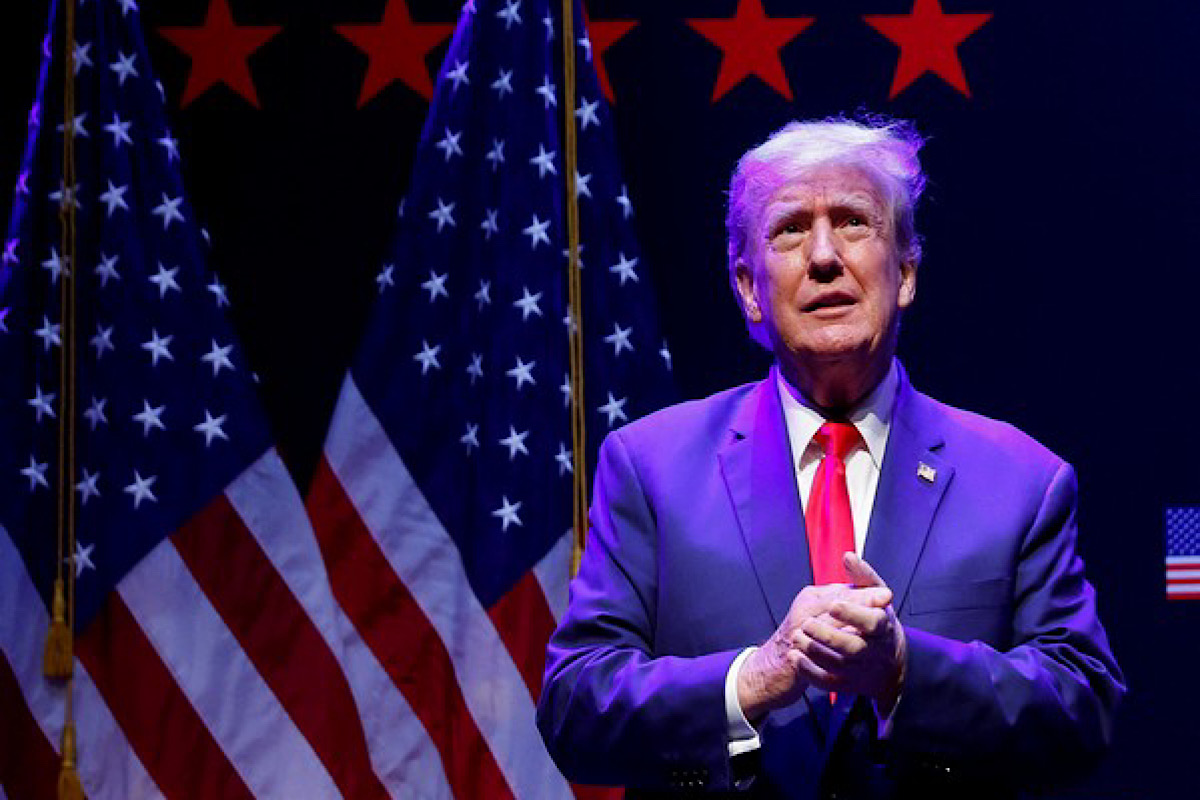The latest statement by US President-elect Donald Trump demanding that Brics nations pledge not to create or support a new currency to challenge the American dollar reflects growing apprehension about dedollarisation. Coupled with a threat of 100 per cent tariffs, this hard-line approach underscores the challenges facing the United States as it seeks to maintain the dollar’s hegemony in a rapidly evolving global economic order. Brics nations, including Brazil, Russia, India, China, and South Africa, have been vocal about reducing dependence on the dollar in trade. The bloc’s discussions about creating a shared currency or adopting other mechanisms to settle international transactions are gaining momentum, signalling a potential challenge to the dollar’s dominance.
For decades, the dollar has served as the world’s reserve currency, granting the US unparalleled economic influence. However, over-reliance on it also exposes other nations to the whims of US policies and sanctions, prompting many to explore alternatives. The Presidentelect’s demand is a blunt attempt to deter Brics from pursuing this path, but such coercive tactics could backfire. While tariffs might dissuade smaller economies, imposing them on Brics nations ~ several of which are major economic powers ~ could lead to reciprocal measures, fragmenting global trade networks. Additionally, the threat may embolden these nations to accelerate their efforts to find alternatives, as reliance on the dollar increasingly appears to come with political strings attached. From India’s perspective, this situation presents a unique challenge. As a Brics member, India has participated in discussions about reducing dollar reliance, recognising the benefits of economic sovereignty and diversification. At the same time, India shares deep economic ties with the United States, which remains a critical trade partner and strategic ally. Striking a balance between fostering financial independence within the Brics framework and preserving its bilateral relationship with the US will require careful diplomacy. The feasibility of a Brics currency remains uncertain, given the economic disparities and divergent interests within the bloc.
Advertisement
However, even incremental moves ~ such as settling bilateral trade in local currencies ~ can erode the dollar’s centrality over time. India, with its expertise in digital finance, could take a leadership role in developing alternative mechanisms while ensuring that these transitions are orderly and inclusive. The American response, marked by threats rather than engagement, risks undermining its global leadership. Instead of enforcing tariffs, the US could benefit from fostering collaborative solutions that address the concerns driving de-dollarisation. This approach would help retain the dollar’s relevance while easing tensions with emerging powers. The Presidentelect’s bull in a china shop approach to global challenges highlights a pivotal moment in economic history. The future of the dollar will depend not on coercion but on its ability to adapt to a world seeking a more equitable financial order. For India, navigating this shift with foresight and balance is crucial, as the choices made now will shape its economic and geopolitical trajectory in a multipolar world.
